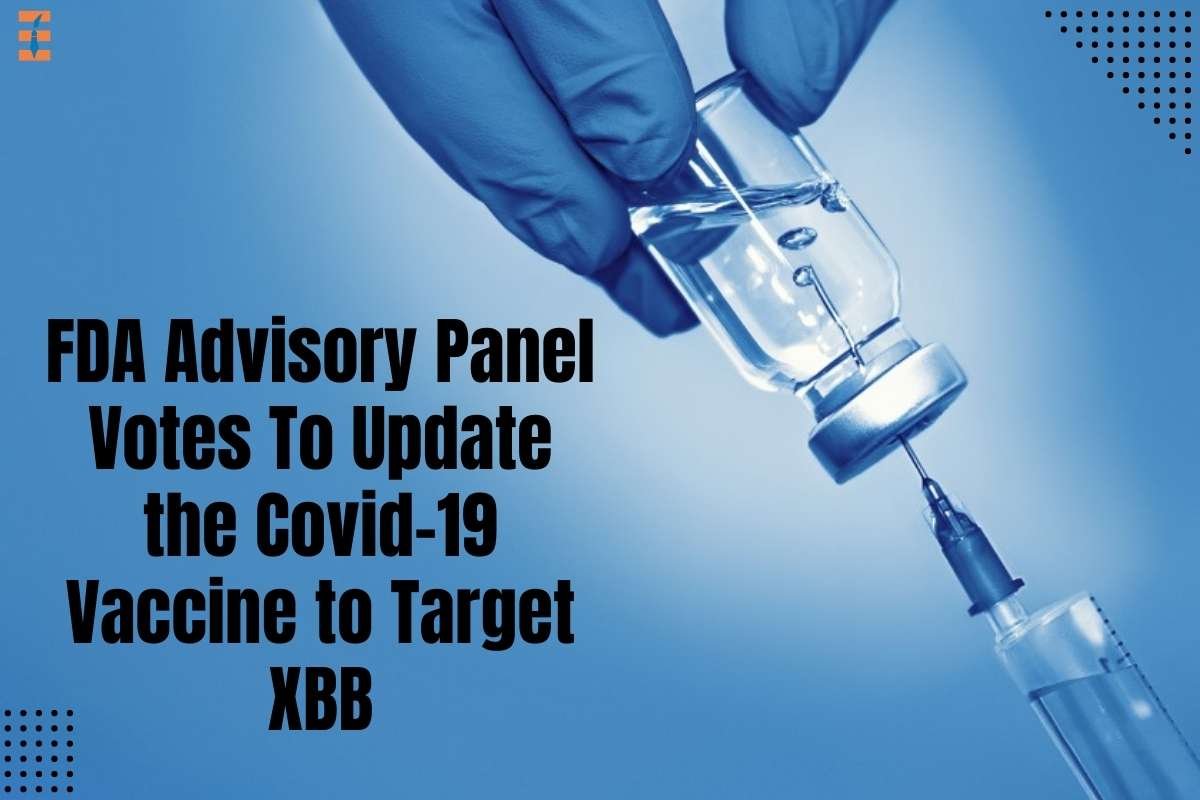Vaccine experts have recommended that the next round of COVID-19 booster shots, scheduled for the fall, should target the XBB variant family, a branch of the omicron variant that has become dominant in the United States. The experts presented their recommendation to the Food and Drug Administration (FDA) on Thursday, and the FDA advisory is expected to make a final decision on the vaccine formula in the coming days.
Unanimous Vote
The unanimous vote from the independent FDA advisory panel signifies a global consensus that the vaccine should be updated to exclude the original strain from the early days of the pandemic. Currently, the available vaccine is bivalent, targeting both the original strain and the more recent BA.4 and BA.5 omicron variants. However, over the four years since the virus emerged in humans, it has continued to evolve and find ways to evade existing immunity.
What is XBB?
The newly chosen target, XBB, is a recombinant virus formed by a combination of two descendants of the BA.2 omicron variant. Multiple variations of the XBB virus are circulating in the United States, but the advisory committee and the FDA advisory seem to favor using XBB.1.5, a highly transmissible version that has undergone significant testing by vaccine manufacturers.
The hope is that a new shot based on one version of XBB will offer broad cross-protection against whichever virus variant circulates in the fall, even if it is not an exact match. Experts agree that the data suggests the old variants are no longer prevalent, while XBB is now dominant.
COVID-19 updates: What the FDA advisory is saying about the next vaccines
The Updated Vaccines and Concerns
Leaders from vaccine companies such as Moderna, Pfizer, and Novavax presented data from animal and limited human testing for different updated vaccine candidates. The timeline for distributing the shots will depend on the specific strain chosen by the FDA advisory , with companies potentially able to provide XBB.1.5 vaccines earlier than other options.
While updating the vaccine this year was a straightforward decision for committee members, there was some debate regarding the annual update of the vaccine, similar to the flu shot. The unpredictability of viral evolution and the emerging seasonal pattern of the virus raises questions about the necessity of annual updates. However, the need for a plan that ensures sufficient vaccine production and allows clear communication for the public outweighs these uncertainties.
Concerns have been raised about vaccine uptake, as only 1 in 5 adults has received a bivalent booster according to data from the Centers for Disease Control and Prevention (CDC). Although vaccinations and natural immunity continue to provide protection against severe illness and death, it is evident that protection diminishes over time. Data presented during the meeting showed a significant drop in protection against hospitalization four to six months after receiving a bivalent booster, particularly among older adults.
Working on Next-Gen Vaccines
While scientists are working on next-generation vaccines that may be more effective against variants, longer-lasting, or capable of preventing transmission, the current approach is to track the virus and update the vaccine as it evolves. Several committee members expressed their dissatisfaction with this uncertain chase but acknowledged it as a necessary process.
The continuous process of updating vaccines will require ongoing preparedness, according to Jerry Weir, director of the Division of Viral Products within the FDA’s Center for Biologics Evaluation and Research. The goal is to stay ahead of the virus by adapting the vaccine strategy to the evolving landscape.











